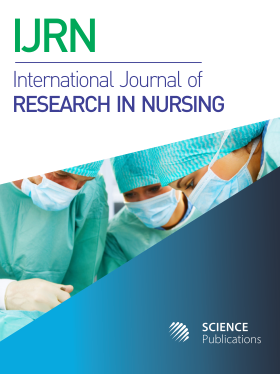Health Workers' Emotional Intelligence Development: An Examination of the Potential Roles of Tenure, Education and Training
- 1 Africa Centre for Epidemiology, Ghana
- 2 Kwame Nkrumah University of Science and Technology, Ghana
Abstract
Health workers' emotional intelligence improvement has been highly recommended by researchers for enhancing healthcare. In this study, the researchers attempted to empirically test the potential roles of tenure, education and training as methods for developing the emotional intelligence of health workers. A self-reported questionnaire was employed to collect data from 1,049 randomly selected health workers from all healthcare institutions in Accra North. Confirmatory Factor Analysis was used to present results. The resulting model was of a good fit (χ2 = 2.382; p = 0.123). Moreover, tenure, education and training each significantly predicts health workers' emotional intelligence at 5% significance level. Whiles training best predicts emotional intelligence and can be prioritized as a means of improving it, education and tenure have roles to play as alternative methods for developing health workers' emotional intelligence, especially when gender equity in terms of education and access to training is ensured. This study therefore recommends the use of in-service training, education and tenure elongation by management of healthcare institutions to enhance health workers' emotional intelligence, with in-service training prioritized among these three methods.
DOI: https://doi.org/10.3844/ijrnsp.2016.24.34

- 3,987 Views
- 2,147 Downloads
- 2 Citations
Download
Keywords
- Emotional Intelligence
- Healthcare
- Training
- Education
- Tenure
- Gender
- Health Workers
